おなじ is a frequently used word meaning “the same” or “identical.” Native speakers use it very often but it does not get classified into parts of speech easily.
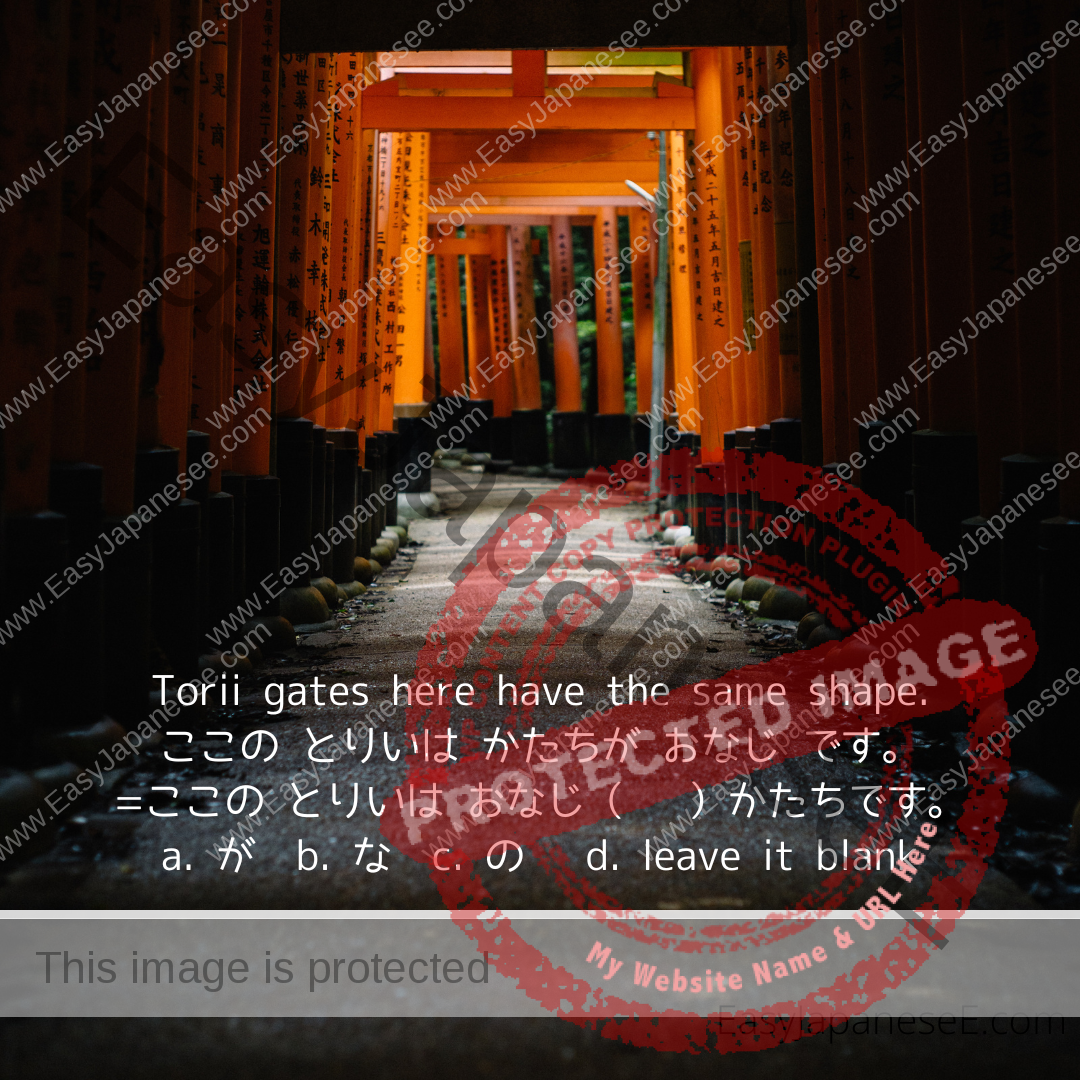

おなじ is a frequently used word meaning “the same” or “identical.” Native speakers use it very often but it does not get classified into parts of speech easily.
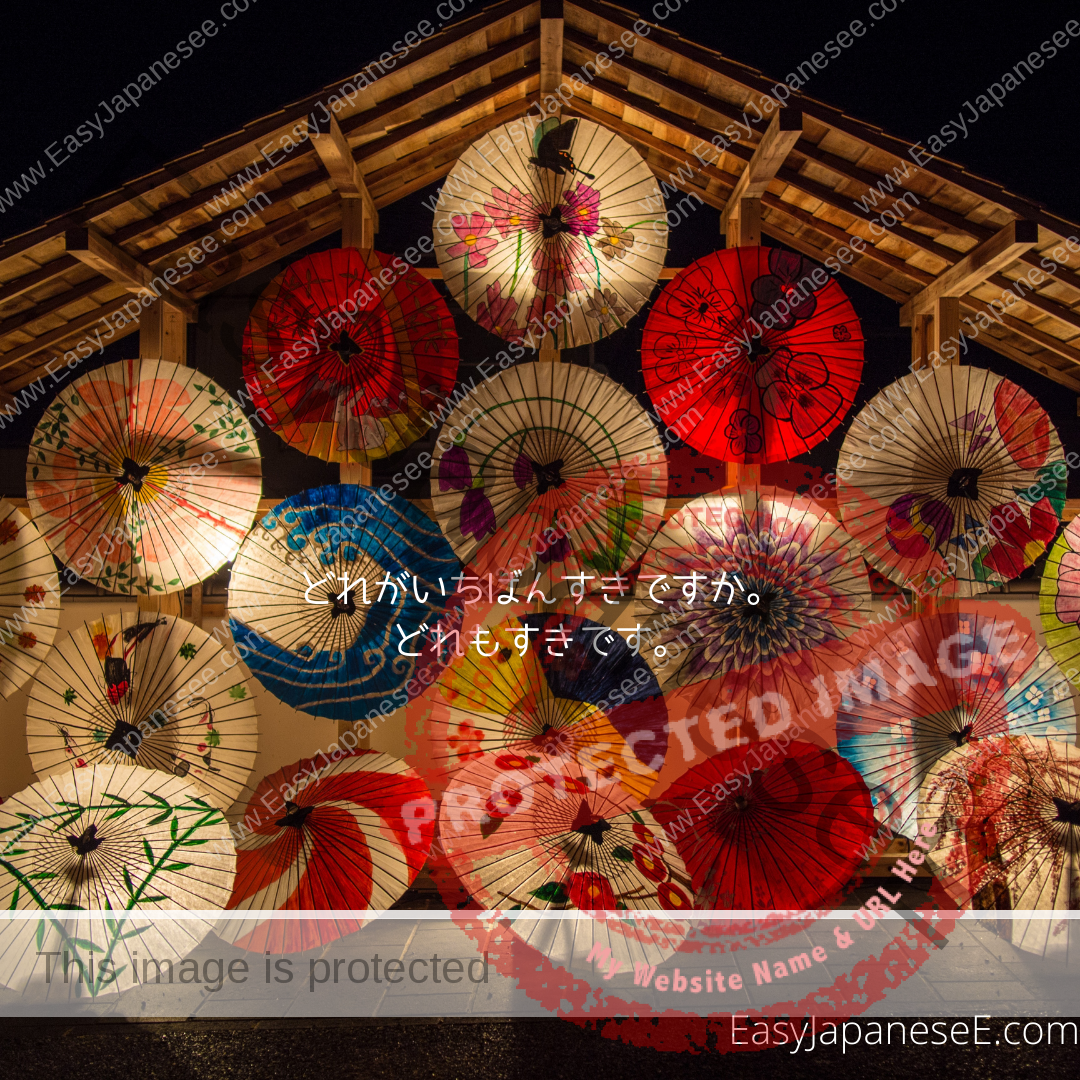
Adding か after a question word makes it an indefinite pronoun like “some…”. Adding も makes it “any…” but you need to be careful combining with a particle.
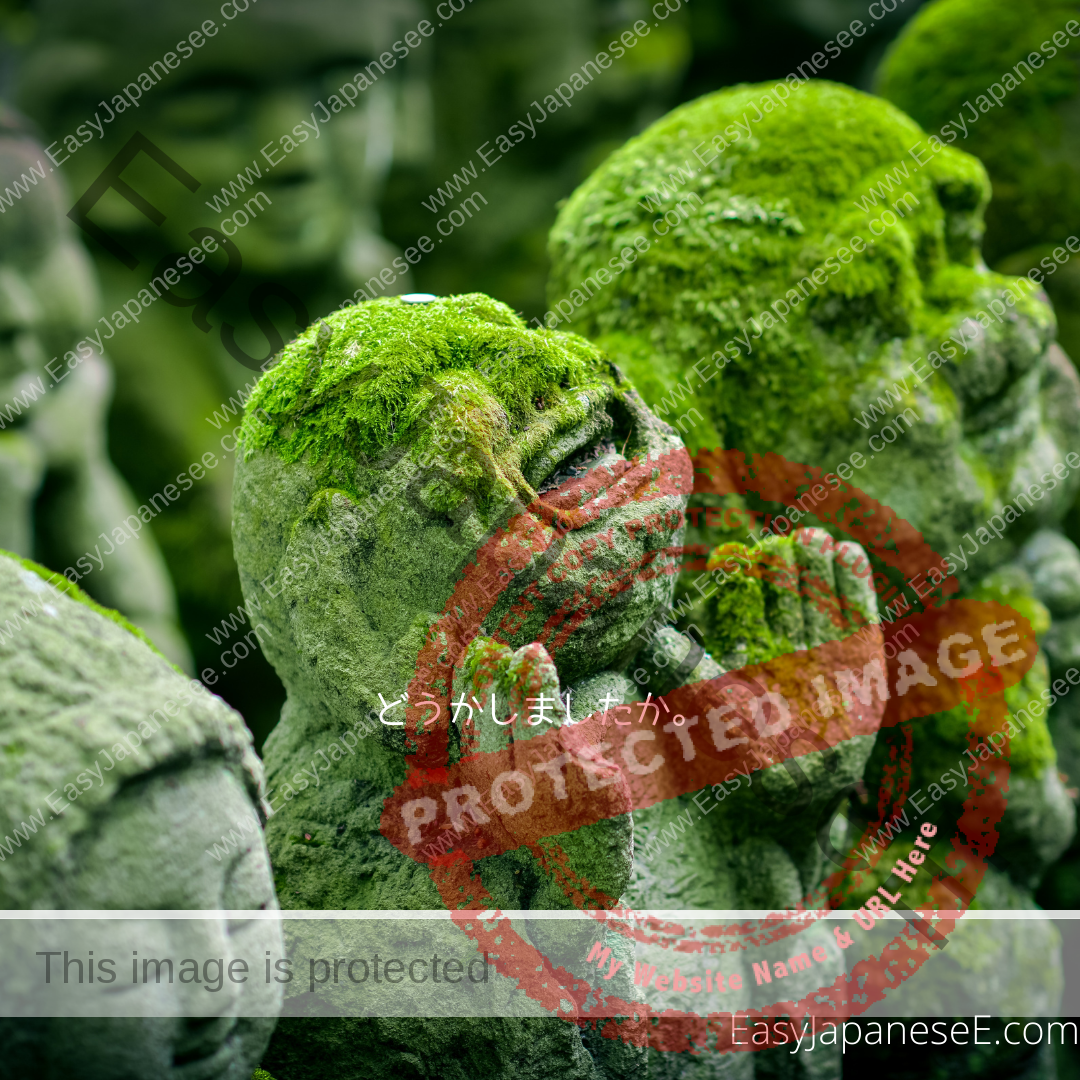
If you add か after question words, いつ、どこ、だれ、なに、なぜ、どう, いつか、どこか、だれか、なにか、なぜか、どうか become an indefinite pronoun, sometime, somewhere, someone, etc.
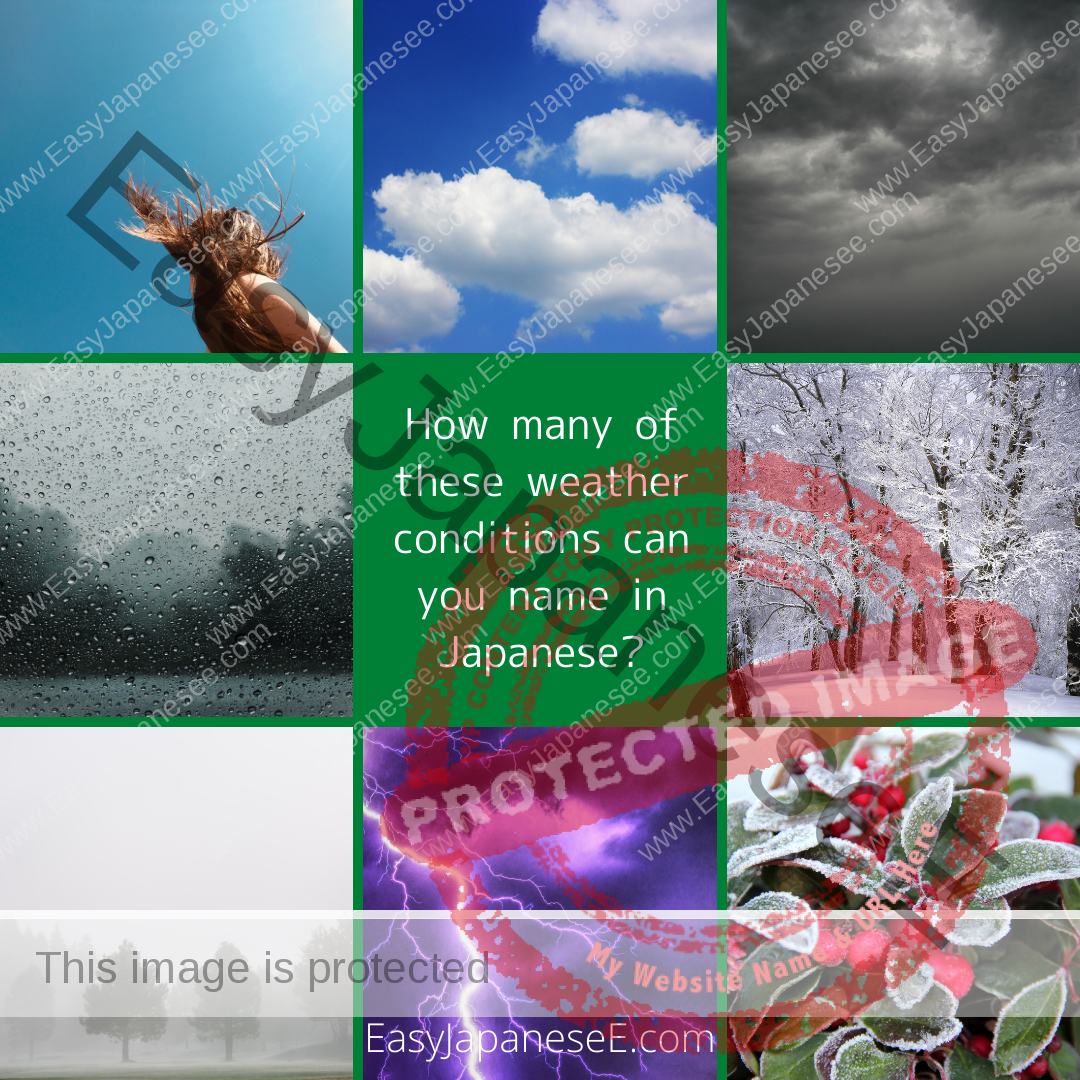
Weather is always a good topic to start a conversation on. This post introduces and explains common weather 天気 (てんき) related words and expressions in Japanese.
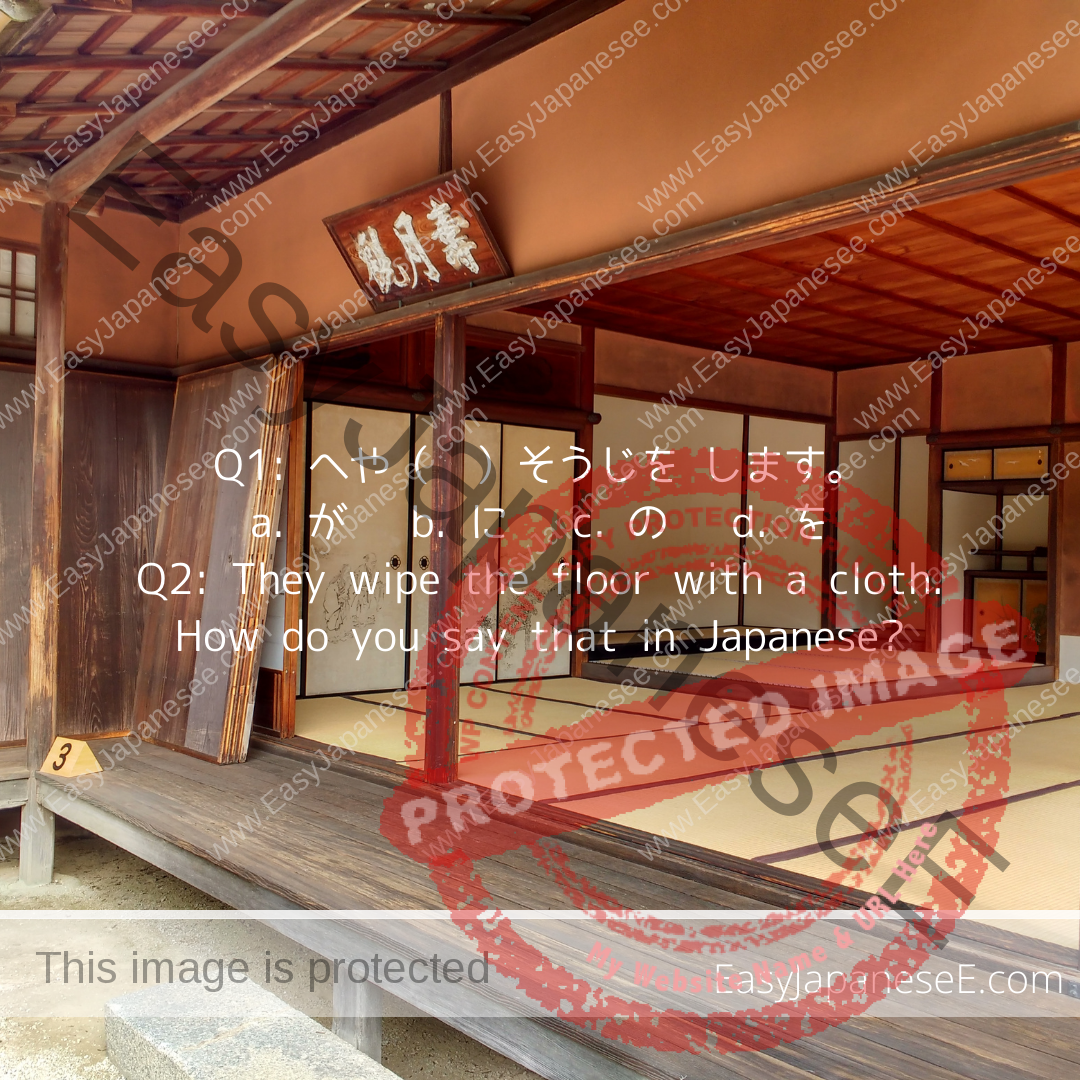
そうじ is the generic Japanese noun for “cleaning.” This post talks about various Japanese words related to “cleaning” and some traditional cleaning tools.
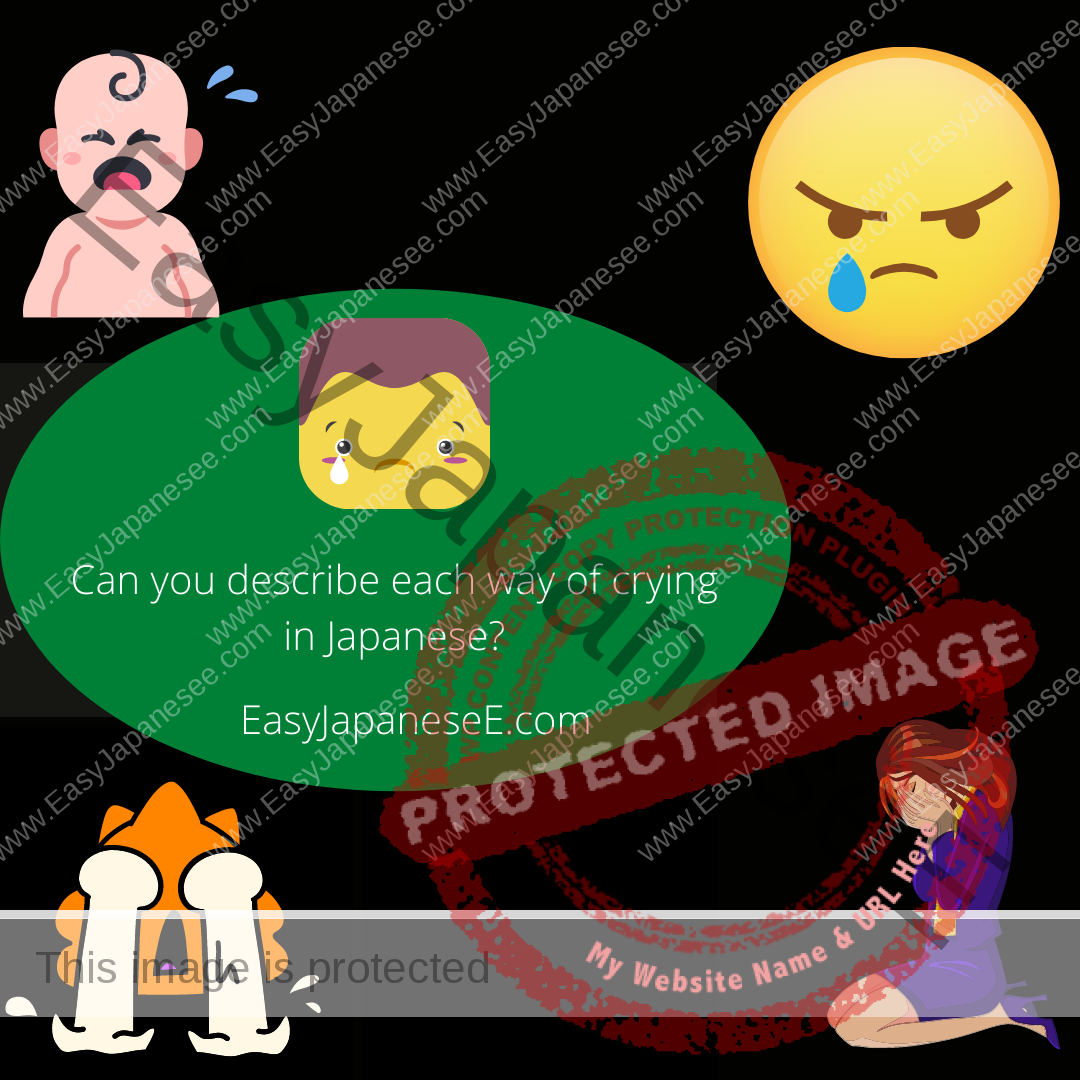
This post is about different ways of crying, which is often described with なく in Japanese. Read example sentences for different ways of crying.
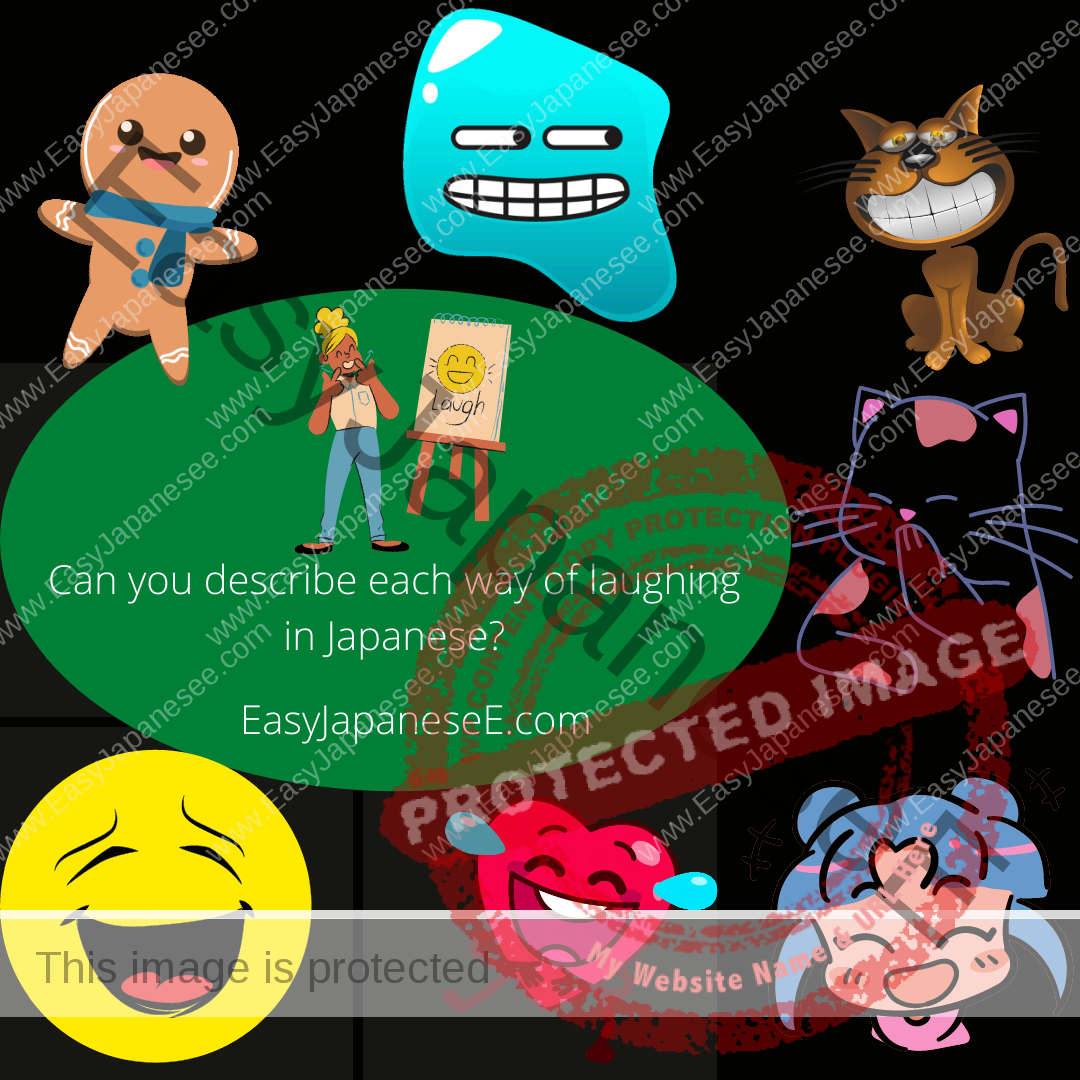
This post is about laughing. The most common Japanese word for “to laugh” is わらう and by adding something to it, we can describe different ways of laughter.
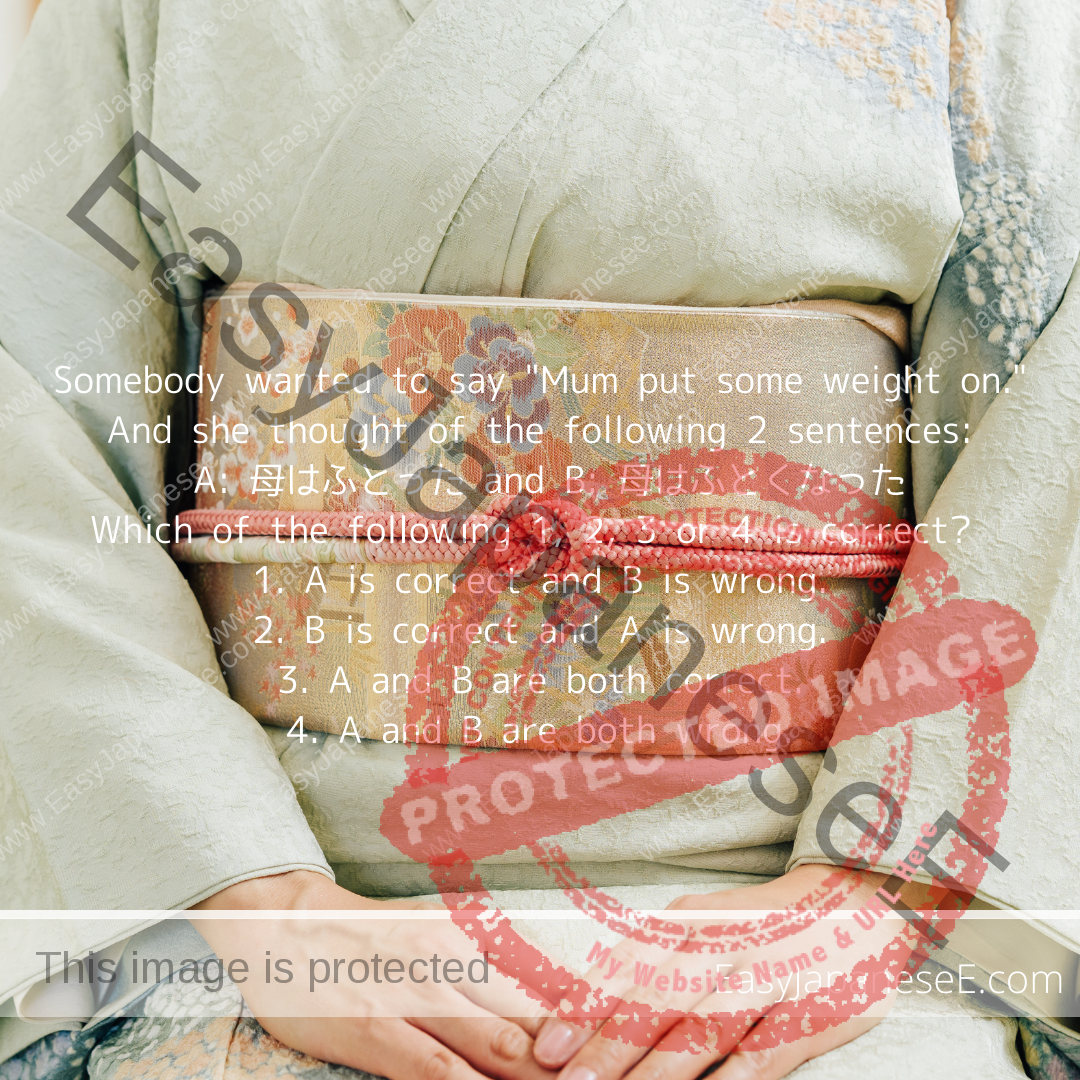
Today’s topic is difference betweenふとい and ふとる. If you understand this difference, you will never be confused between ふとい and ふとっている or ふとる and ふとくなる again.

Today’s post is about how to refer to one’s child(ren) in Japanese such as my oldest child, my second son, a daughter-in-law, etc.
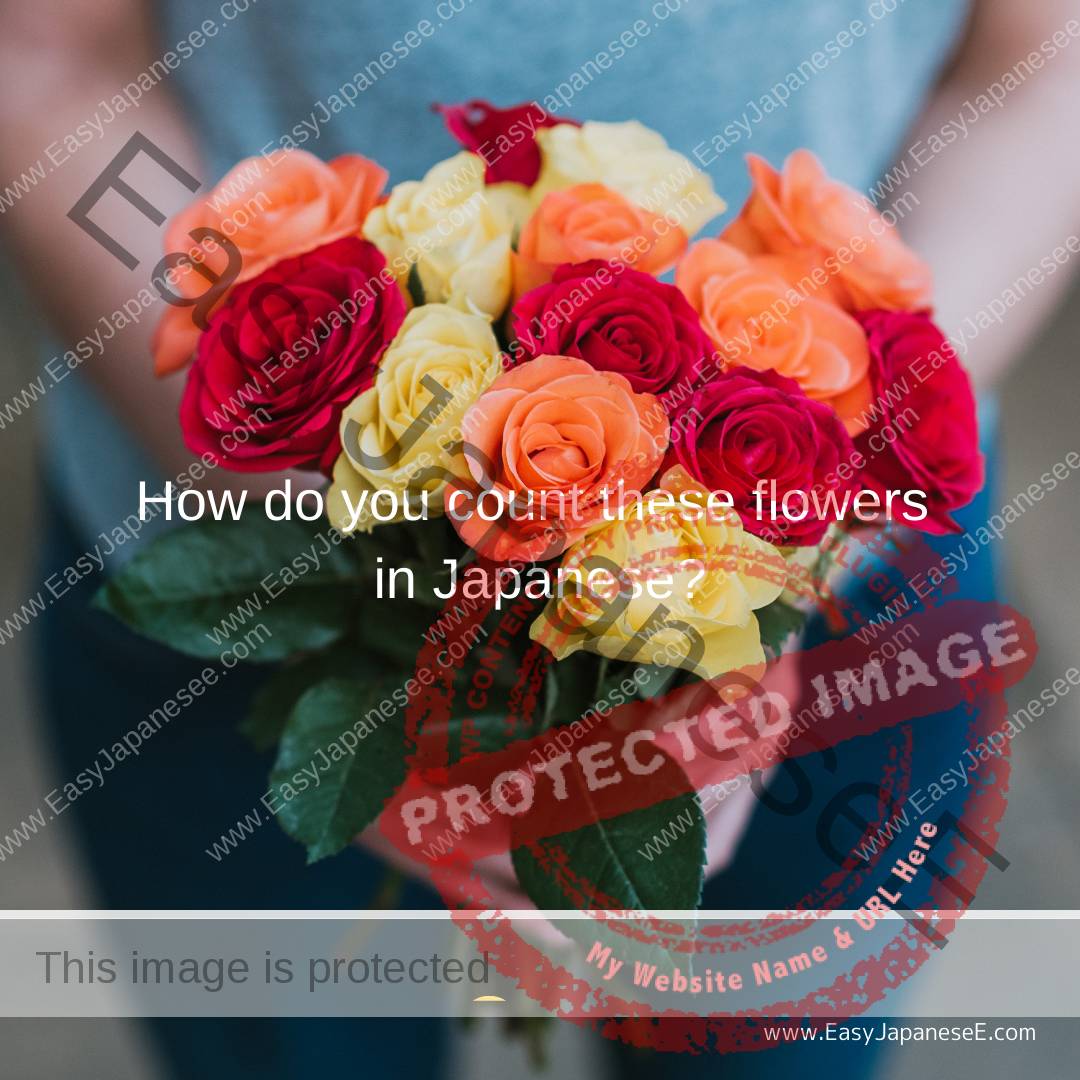
Choosing the correct counter is sometimes difficult for native speakers of Japanese and it depends on what you focus on, such as the bunch, the stem or …
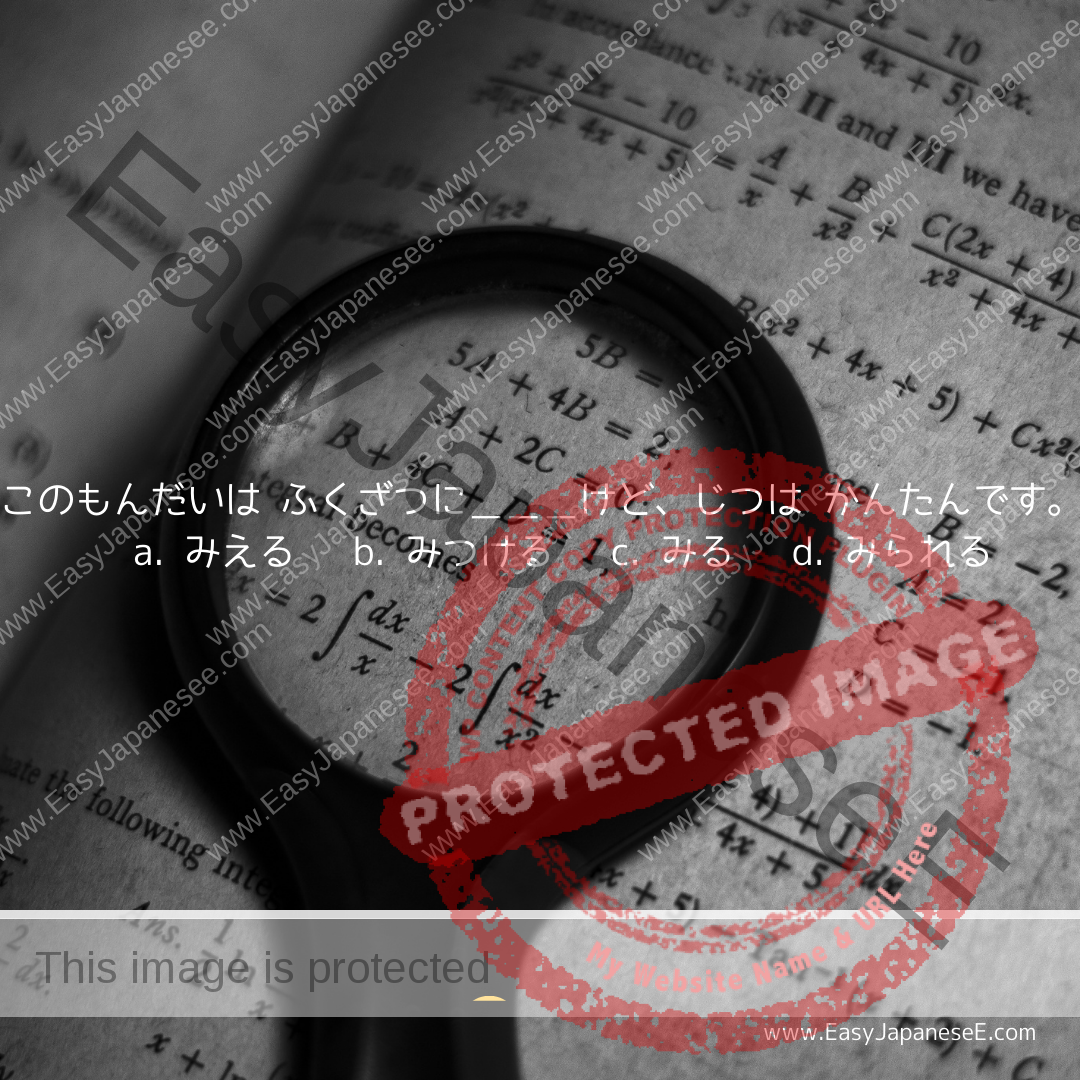
このもんだいは ふくざつに___けど、じつは かんたんです。a. みえる b. みつける c. みる d. みられる The correct answer is a. みえる. 見(み)える has a few…
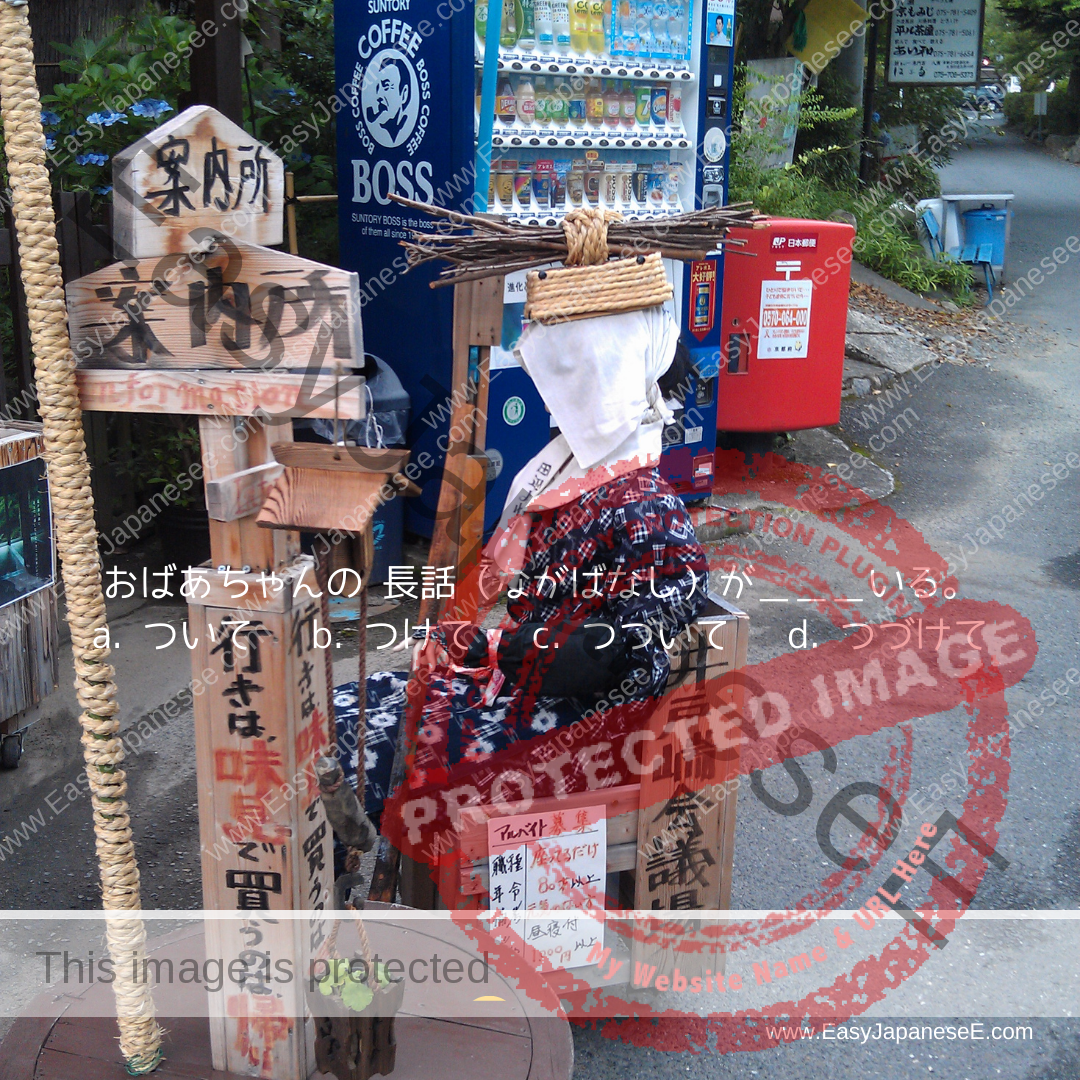
おばあちゃんの 長話(ながばなし)が___いる。a. ついて b. つけて c. つづいて d. つづけて The intended meaning is “Grandma’s long story is still going” and…
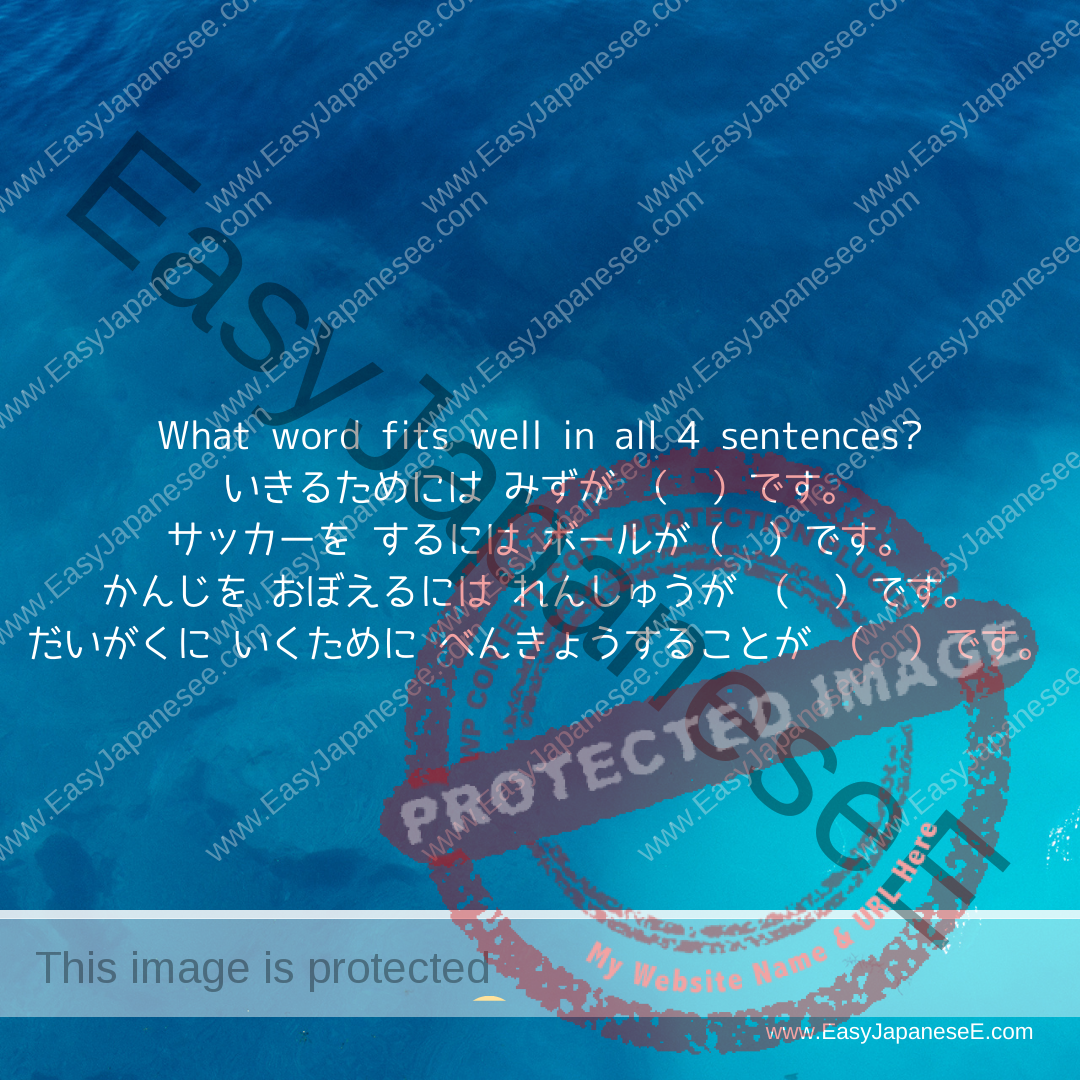
What word fits well in all 4 sentences? いきるためには みずが ( )です。サッカーを するには ボールが( )です。かんじを おぼえるには れんしゅうが ( )です。だいがくに いくために…
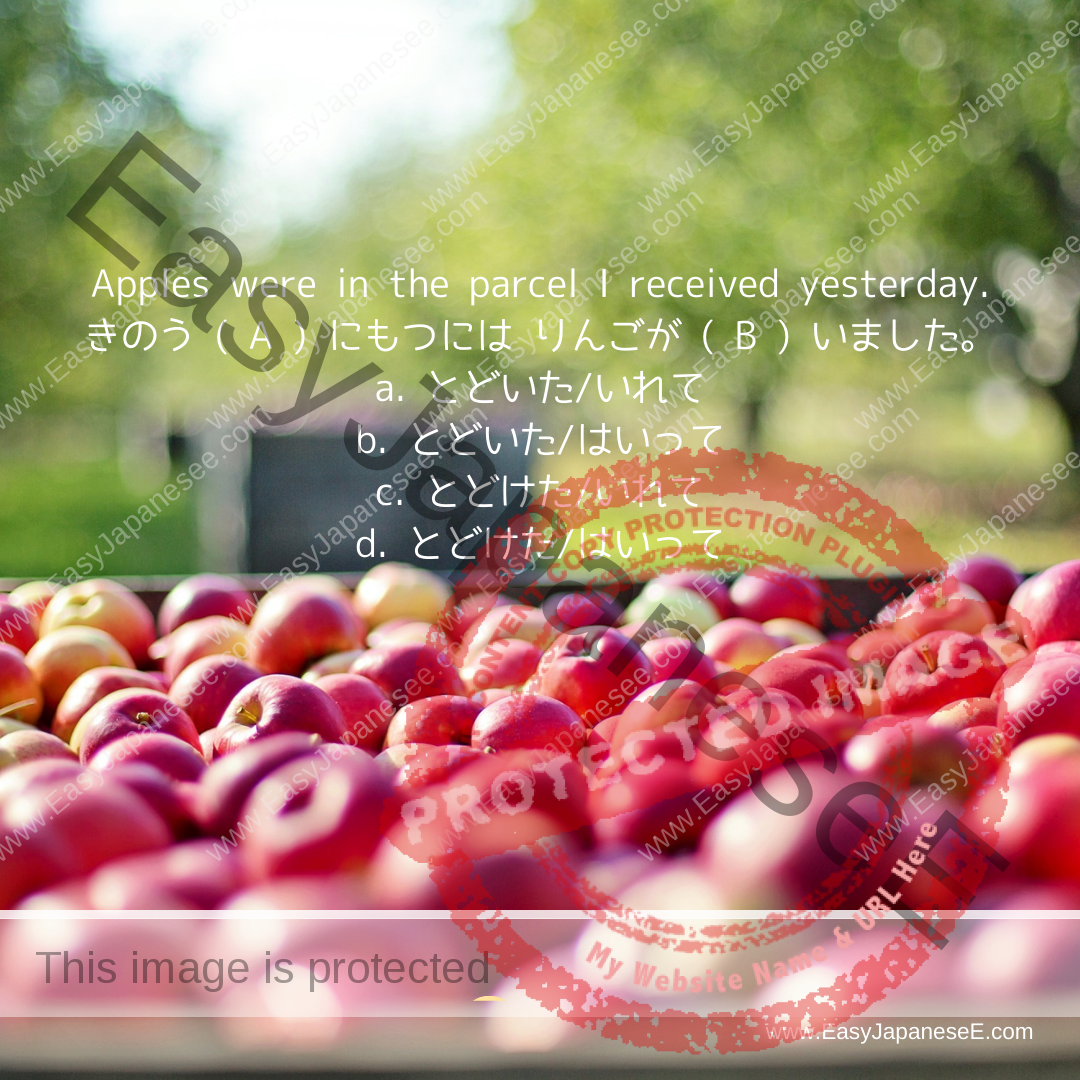
Apples were in the parcel I received yesterday.きのう ( A ) にもつには りんごが ( B ) いました。 a. とどいた/いれてb. とどいた/はいってc.…
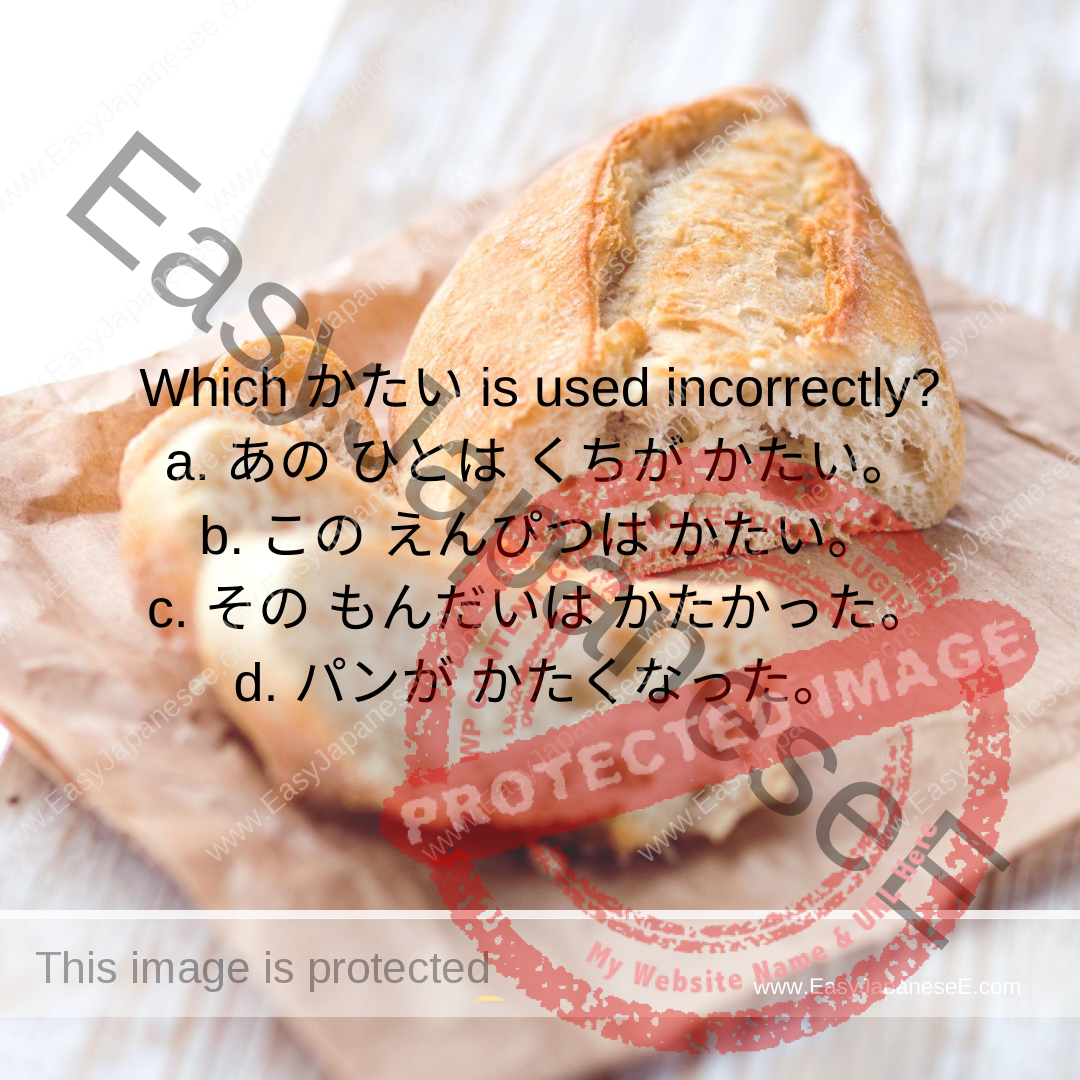
Which かたい is used incorrectly? a. あの ひとは くちが かたい。b. この えんぴつは かたい。c. その もんだいは かたかった。d. パンが かたくなった。 かたい is…

Do you remember the sleep related verbs in Japanese? Let’s check out how to use them to describe each stage of your sleep.
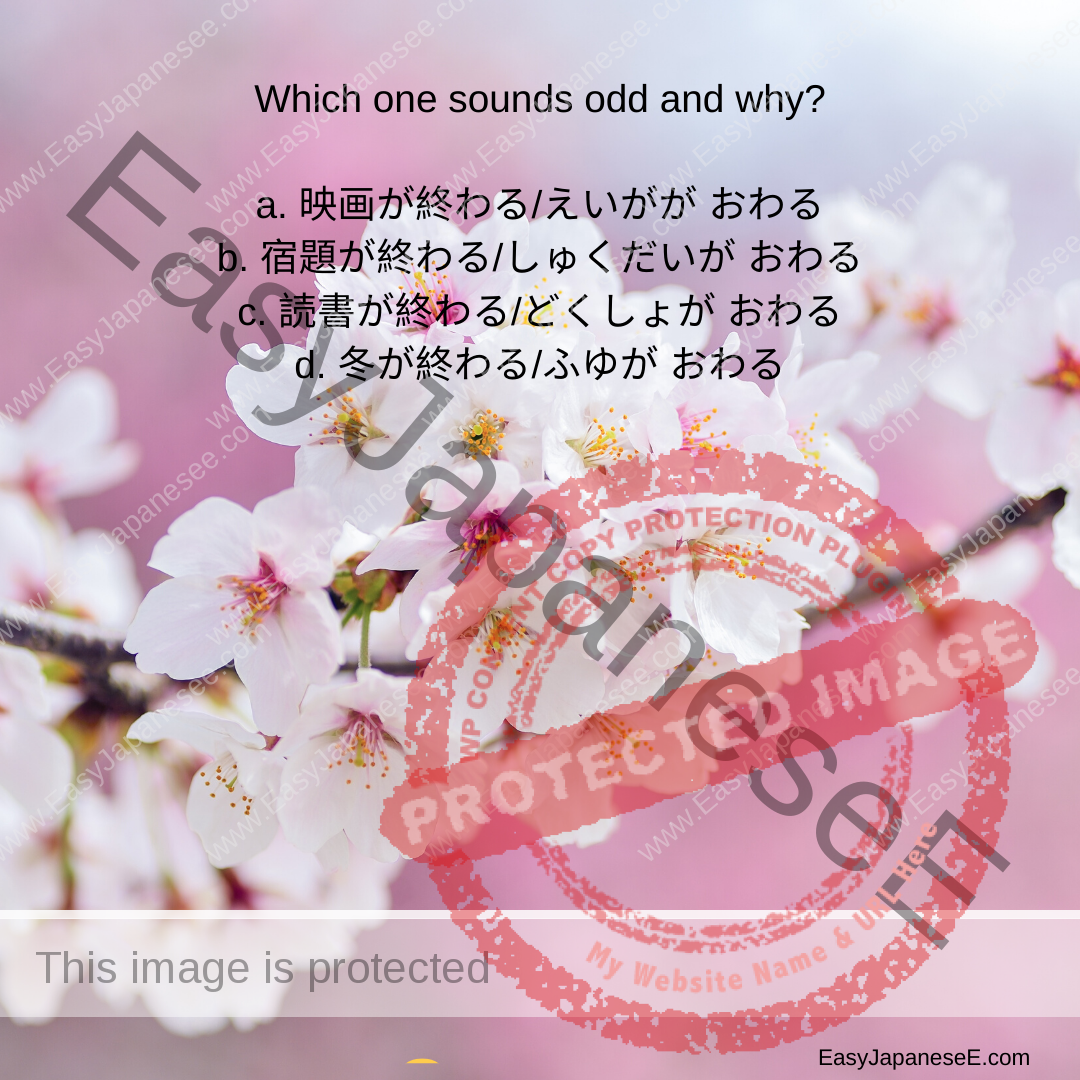
Today’s topic is a verb おわる. One of the four sounds a bit odd. Which one is it and why?…
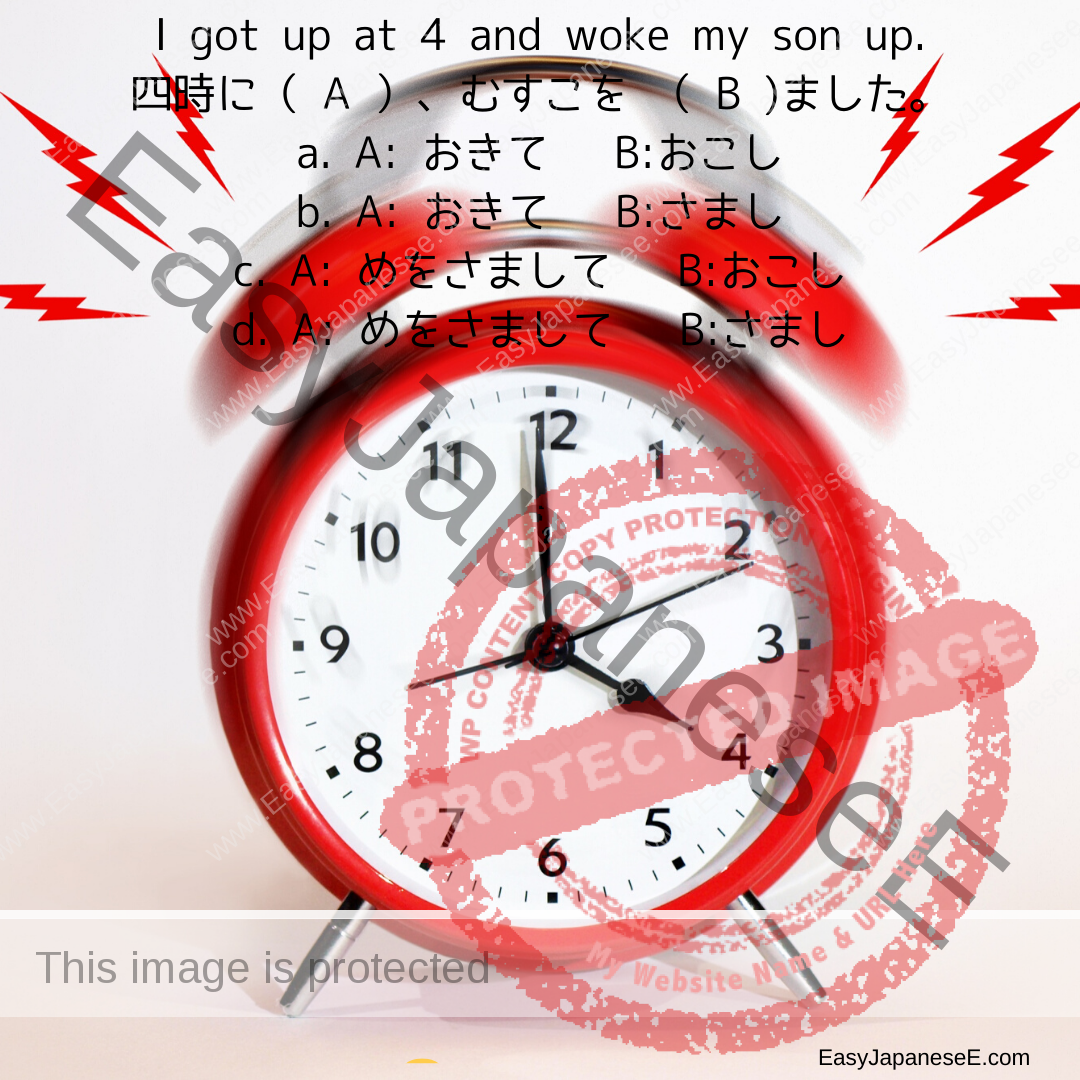
I got up at 4 and woke my son up.四時に( A )、むすこを ( B )ました。 a. A: おきて B:おこしb. A:…
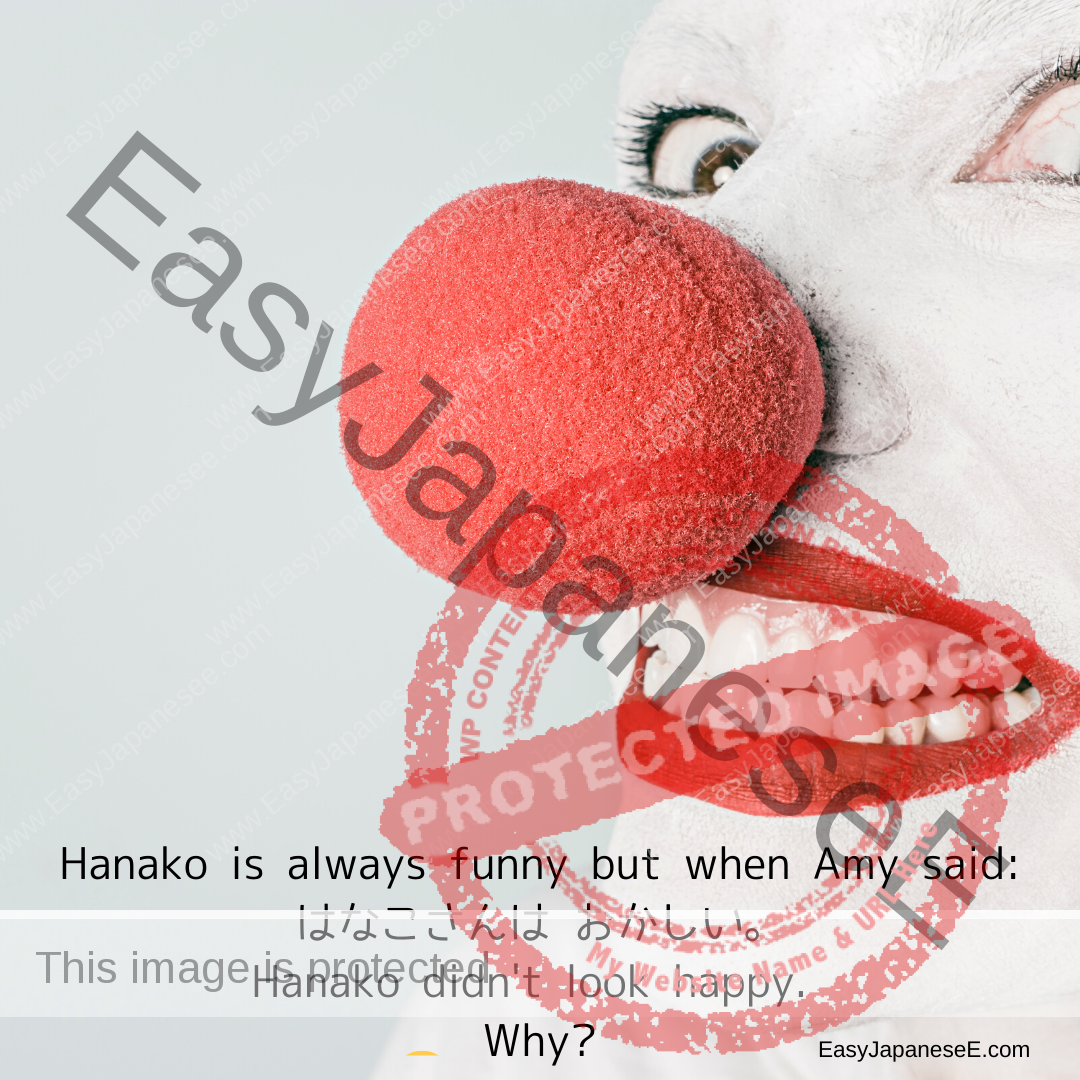
Hanako tells jokes all the time and she is really funny. So Amy described her: はなこさんは おかしい。 Amy thought she…
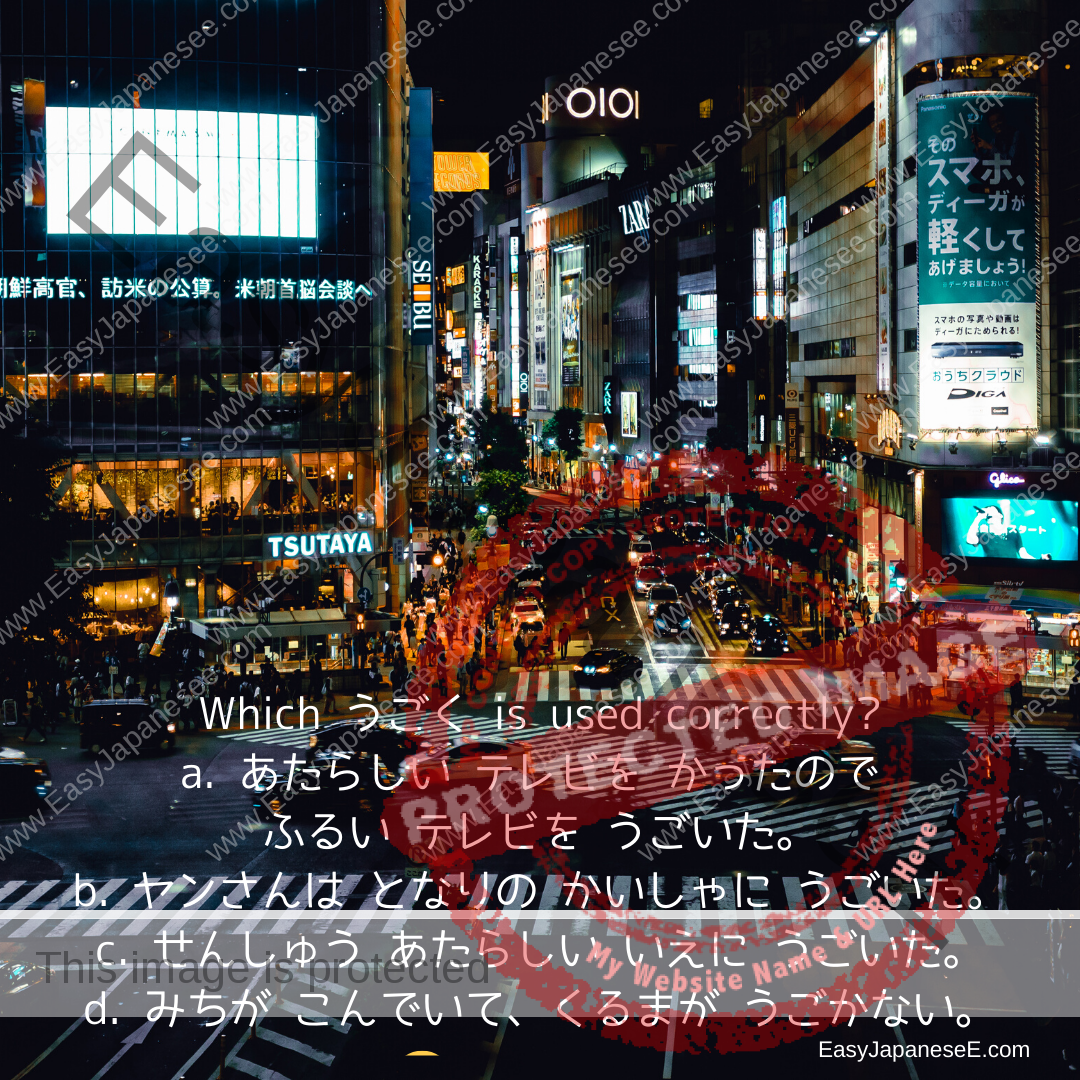
Which うごく is used correctly?a. あたらしい テレビを かったので ふるい テレビを うごいた。b. ヤンさんは となりの かいしゃに うごいた。c. せんしゅう あたらしい いえに うごいた。d. みちが…
